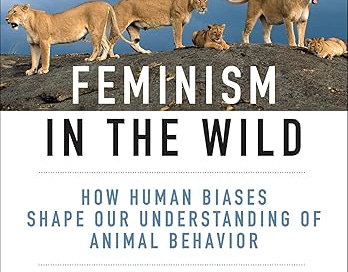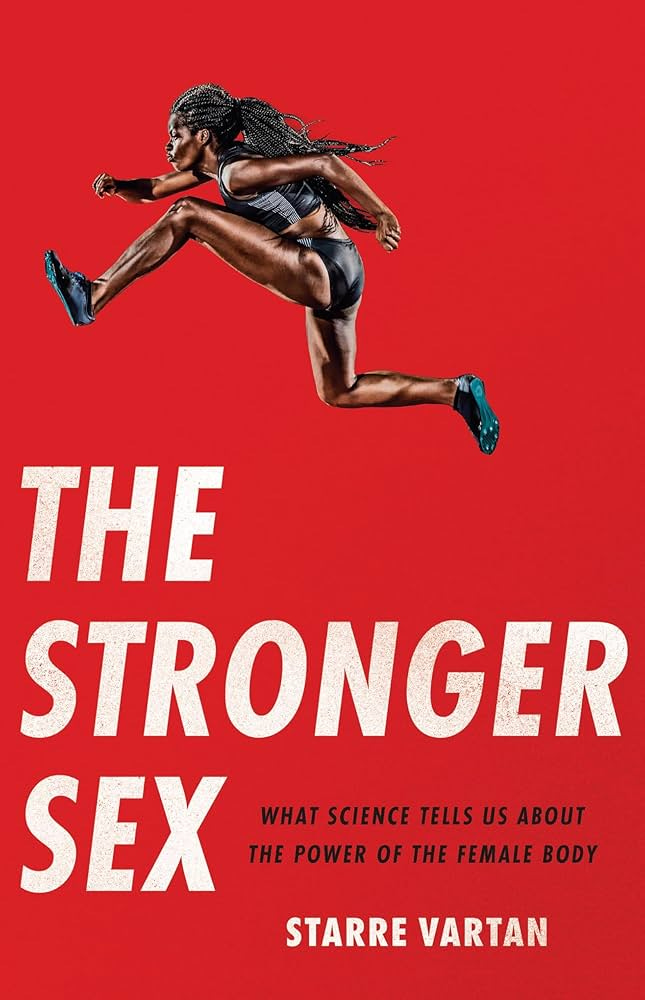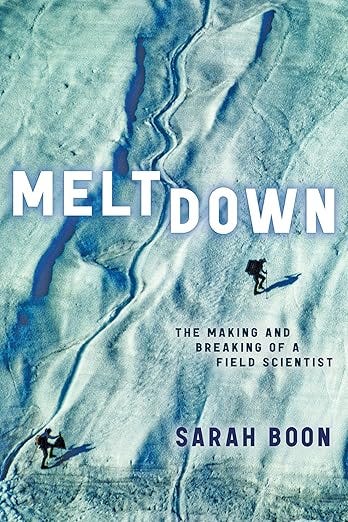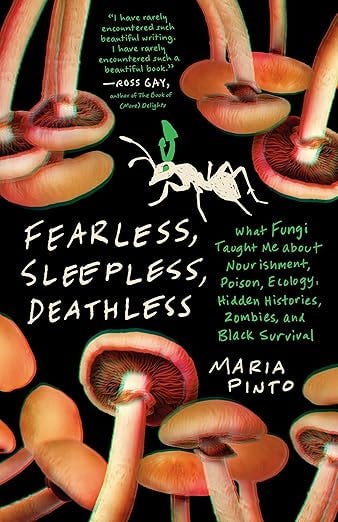5 Books I'm Looking Forward to About Women + Science
Recent and forthcoming titles that tickle my fancy
Given the popularity of my post on books relating to women in science, in addition to my monthly bio of a lesser-known woman in science, I’ve decided to do a second post every month on new and forthcoming books at the intersection of women and science that I’m looking forward to. This can include science books written by women, memoirs by women scientists, biographies or histories of women scientists, and science books relating to women or feminism. RIP your TBR.
I love any book that reassesses long-held scientific assumptions through a feminist, antiracist, queer, and disability justice lens. Feminism in the Wild: How Human Biases Shape Our Understanding of Animal Behavior by Ambika Kamath and Melina Packer explores “how dominant culture—from sexism and homophobia to racism, capitalism, ableism, and more—has limited the science of animal behavior, and how we can free ourselves from these limited perspectives.” It sounds right up my alley.
If you’re always in the mood for a tour de force of feminist science reporting like I am, check out The Stronger Sex: What Science Tells Us about the Power of the Female Body by Starre Vartan. “Vartan reveals the ways that women surpass men in endurance, flexibility, immunity, pain tolerance, and the ultimate test of any human body: longevity.” Author Cat Bohannon calls it “A myth-busting vindication of women's physical strengths that's fun, rooted in science, and a strong pitch for a stronger sex.”
An vital work of investigative science journalism, They Poisoned the World: Life and Death in the Age of Forever Chemicals by Mariah Blake is “A gripping investigation of the chemical industry’s decades-long campaign to hide the dangers of forever chemicals, told through the story of a small town on the frontlines of an epic public health crisis.”
Books about the experiences of women in science, especially field sciences, are incredibly important. Meltdown: The Making and Breaking of a Field Scientist sees Sarah Boon brave desolate frozen landscapes (and sexism) for the sake of science. “Her story blends adventure and academia as she traverses John Evans Glacier on Ellesmere Island, builds weather stations in northern British Columbia, samples proglacial rivers, and scares away grizzlies with helicopters. Along the way, Boon finds inspiration in the stories of historic female explorers like Mary Schäffer Warren and Phyllis Munday, celebrating the tenacity of women in the field.”
So I just heard about this book yesterday, and it’s not out until the end of October, but I am already excited to pick it up because it sounds ridiculously intriguing. Fearless, Sleepless, Deathless: What Fungi Taught Me about Nourishment, Poison, Ecology, Hidden Histories, Zombies, and Black Survival by Maria Pinto “mingles reportage, research, memoir, and nature writing,” offering “a new perspective and a distinctive literary voice … every page sings with her enthusiasm for the networks in which we are embedded: fungal, ecological, ancestral, and communal. Join her in pursuit of beautiful, perplexing, delicious, and deadly mushrooms as she explores this understudied kingdom's awe-inspiring diversity and discovers how fungi have been used by people, especially those on the margins, for survival, pleasure, revelation, and revolution. ”
More About Me
Olivia Campbell is the New York Times bestselling author of Women in White Coats: How the First Women Doctors Changed the World of Medicine and Sisters in Science: How Four Women Physicists Escaped Nazi Germany and Made Scientific History. Signed copies are available online at Newtown Bookshop and Doylestown Bookshop.
A seasoned journalist and essayist, her work focuses on the history of women in relation to science/health, the intersections of science and the humanities, as well as nature, environment, ecology.
Campbell is the resident “science of folklore” contributor at National Geographic, a freelance editor at Everyday Health, and a thesis advisor for her alma mater, Johns Hopkins University's science writing master’s degree program. Her work has appeared in The Atlantic, The Guardian, Washington Post, New York Magazine, People, Smithsonian Magazine, Scientific American, the Wall Street Journal, Aeon, Literary Hub, and History.com, among others. She lives outside Philadelphia with her husband, sons, and cats. Find out more on her website.









Wow, thanks for these. I'm especially excited fro Maria Pinto's debut! 🍄